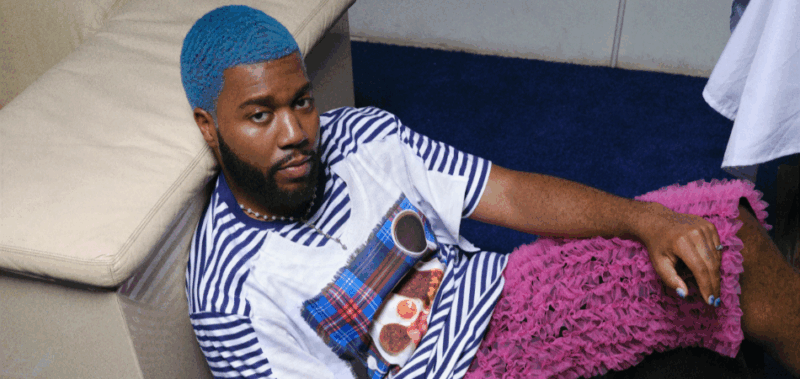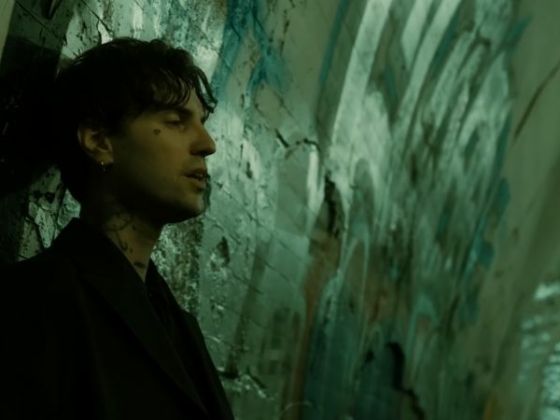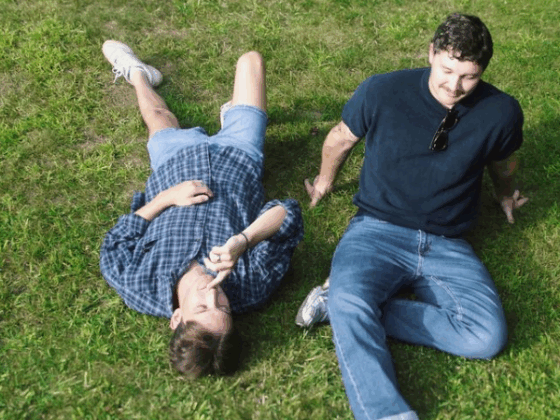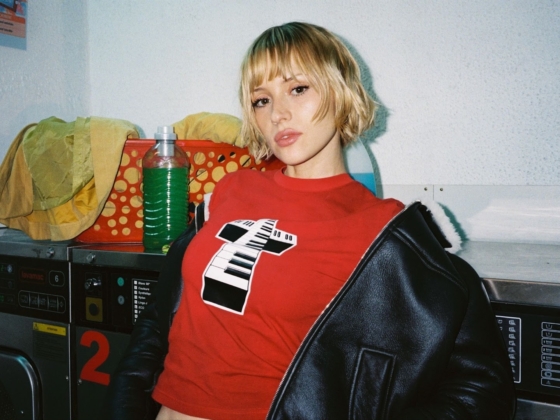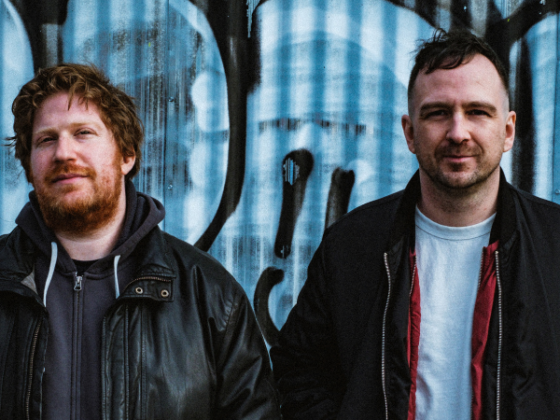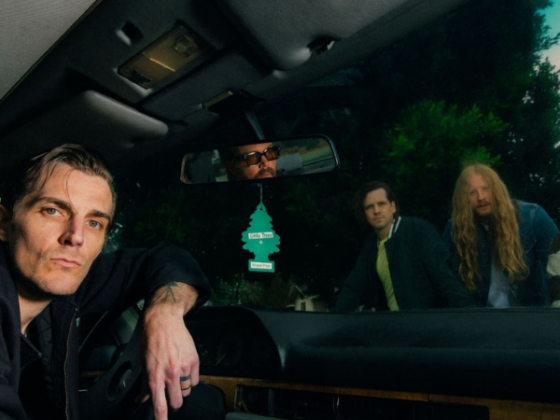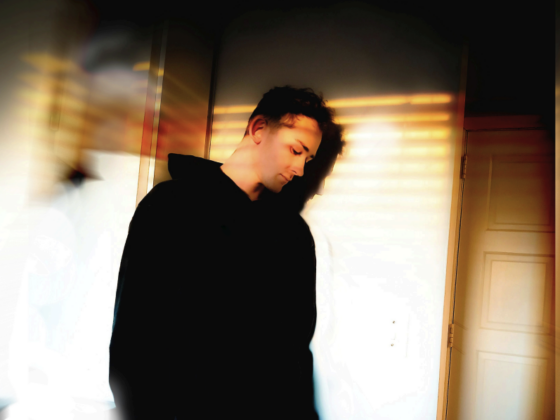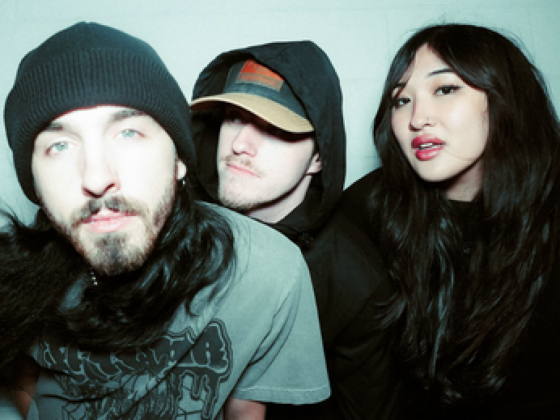Khalid has spent most of his career proving he could craft hits. Since his diamond-certified breakthrough "Location" dropped before his high school graduation, the multi-platinum artist has accumulated over 35.6 billion streams, collaborated with everyone from Billie Eilish to Alicia Keys, and become one of contemporary pop's most reliable hit-makers. But on after the sun goes down, released October 10, 2025 via Right Hand Music Group/RCA Records, he does something arguably more difficult: he stops trying to prove anything at all.
This 17-track album represents a deliberate pivot from the polished ambition of his previous work. Where Sincere showcased artistic evolution through introspection, after the sun goes down, strips away pretense entirely. Khalid describes the project as "me completely vulnerable, honest, healing, and unafraid," and that openness permeates every track.
Executive produced by ILYA, who's shaped major moments in the careers of Ariana Grande and Ed Sheeran, the album assembles an impressive production team including Ryan Tedder, Rodney Jerkins, and Julia Michaels. Yet what's striking is how invisible most of this firepower remains. Rather than showcasing star producers' signatures, after the sun goes down centers Khalid's voice and vision entirely.
The track, "in plain sight," one of the album's standouts, exemplifies this approach.
The production breathes space around Khalid's vocals, creating something airy that lets his emotional delivery land with maximum impact. Billboard's description of this track as an anthem speaks to its immediate accessibility, but there's deeper work happening underneath, a sense of someone finally speaking truths they've been holding back.
The album's first half, which is definitely the best part, establishes its thematic and sonic foundation most effectively. Contemporary R&B rhythms merge with steady vocal deliveries that feel almost conversational rather than performed. He's prioritizing honesty, allowing vulnerability to become the most powerful tool in his arsenal.
What distinguishes after the sun goes down from Khalid's earlier work isn't dramatic sonic reinvention. The production remains recognizably contemporary pop with R&B influences. The real departure is psychological. For an artist accustomed to managing expectations and delivering what audiences anticipate, this album represents genuine risk-taking. Khalid isn't retreating into tested formulas; he's exploring what happens when an artist stops worrying about maintaining standards or protecting their image.
The tracklist spans emotional terrain without losing coherence. Songs about relationships, self-discovery, and freedom interconnect thematically rather than sonically, creating something that feels more like a diary than a conventional album. There's a specificity to the songwriting that suggests personal experience rather than calculated storytelling designed for maximum relatability.
"out of body," another previously released track, demonstrates Khalid's willingness to embrace production choices that prioritize mood over polish. The track pushes into territory where precision matters less than feeling, where the goal becomes transporting listeners rather than impressing them with technical mastery.
The album maintains consistent energy throughout, never dipping into the low-stakes territory that sometimes plagues lengthy pop releases. This speaks to Khalid's evolution as both songwriter and curator. He understands how to pace an album, how to vary texture and emotional intensity without losing the thread that connects everything.
Perhaps most significantly, after the sun goes down demonstrates an artist comfortable existing outside the machinery of hit-making. Khalid has proven himself within that system repeatedly—multiple chart-toppers, GRAMMY nominations, collaborations with massive stars. This album suggests he's achieved enough external validation to finally ask more interesting questions about what he actually wants to express.
The album's title carries deliberate metaphorical weight. Nights represent safety, rest, and the honesty that exists in darkness.
By framing this project as what emerges after daylight fades, Khalid positions vulnerability and openness as natural states rather than artistic poses or marketing angles. Even the choice of lowercase letters shows that he does not wish to enter in a grandiose and majestic way. He keeps a low profile and focuses on personal creation.
Khalid's legacy was already secure before this album. Now, he'd accomplished what most artists spend entire careers pursuing. The album suggests he's moved past needing external validation, now creating primarily for himself and audiences willing to meet him in that more intimate space.
This isn't the album that will necessarily generate the biggest streaming numbers or dominate playlists through sheer momentum. But it's the album that justifies Khalid's entire trajectory as an artist. Everything he's accomplished previously was building toward moments of genuine creative freedom that albums like this represent. The album proves he knows exactly what to do with that freedom.
Khalid's new album, after the sun goes down is out now via Right Hand Music Group/RCA Records
Connect with Khalid Official Website | Facebook | Twitter | Instagram

